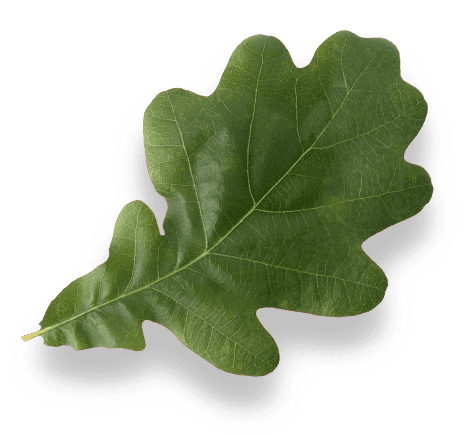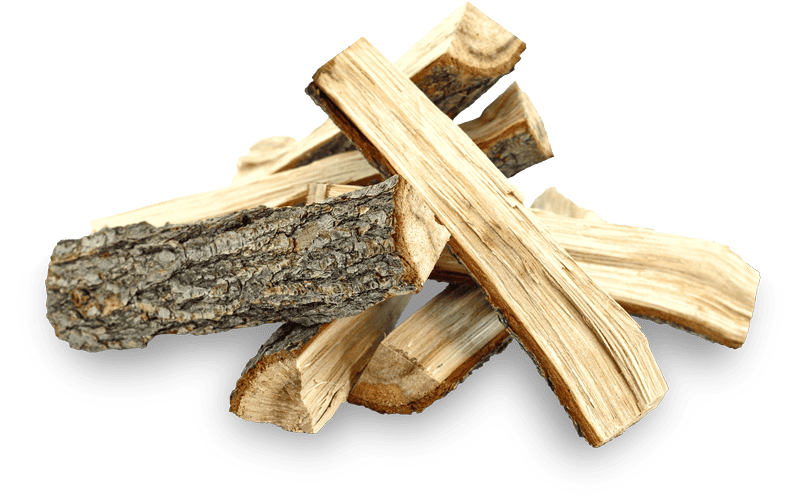What Is Addiction?

Understand and Overcome Addiction
What Is Addiction?
Addiction is a chronic disease characterized by compulsive habit-seeking behaviors for a particular substance, thing, or activity.
The Centers for Disease Control and Prevention (CDC) defines chronic diseases as medical conditions that last over a year or more and require continuous medical attention or limit daily activities and living, or both, such as diabetes and asthma.
The two components of addiction include drug addiction, also referred to as a substance use disorder, and non-substance addiction, or a behavioral addiction such as gambling and sex addiction that does not involve drug use.
Medically, drug and alcohol addiction is a chronic, relapsing brain disorder distinguished by compulsive drug-seeking with continued use despite harmful risk factors and long-lasting effects on the brain, leading to mental, medical, and social complications.
The American Society of Addiction Medicine (ASAM) defines addiction as a medical condition with complex interactions between an individual’s brain circuits, genetics, environment, and life experiences. ASAM asserts addiction is treatable, and addiction rehabilitation and prevention treatment are typically as successful as those for other chronic conditions.
The Stages of Addiction
The National Institutes of Health (NIH) reports the five stages of drug and alcohol addiction as follows:
- First Use
In this case, the individual is inexperienced and has not felt the effects or realized the consequences that using drugs may lead to addictive habits. It could be a newly prescribed medication or pressured into experimenting. - Continued Use
Individuals use a medication they don’t need or return to a substance because they notice a satisfying high feeling. - Tolerance
In this stage, individuals notice they need larger amounts of the substance to feel that same high feeling. - Dependence
Individuals start to show physical withdrawal symptoms from the substance. In this stage’s worst-case scenario, the person doesn’t feel normal without the drug. - Addiction
The individual may be in denial of their addiction, and their addiction continues to worsen, or they may want to quit but feel they need it regardless of the life problems it has caused.
Diagnosis
The American Psychiatric Association Diagnostic and Statistical Manual of Mental Disorders (DSM-5) is the authoritative manual of mental disorder diagnoses that contains every mental health condition, including addiction, crafted by hundreds of mental health professionals.
The DSM-5 categorizes substance abuse and dependence as the same disorder ranging from mild to severe. A substance use disorder is the most extreme form of addiction, and diagnosis requires two to three of the eleven symptoms outlined in the DSM-5, including:
- Hazardous Use: The ways you have used the substance has posed a danger to yourself or others.
- Social and interpersonal problems related to use: Your substance use has negatively impacted your relationships, such as family members, and caused conflict with people.
- Neglected major roles to use: You have neglected responsibilities at work, home, or school because of substance use.
- Withdrawal: You experience withdrawal symptoms when you stop using the substance.
- Tolerance: You must use the substance more frequently or at higher doses to get the same effect because a physical tolerance has built up in your body.
- Used larger amount for a longer time: Due to tolerance, you have used the substance for longer with increased doses.
- Repeated attempts to quit and control use: You haven’t been able to manage or stop your substance use successfully.
- A lot of time spent using: You spend most of your time using the substance or trying to get it.
- Physical and psychological problems related to use: Your substance use has impacted your mental health, such as anxiety and depression, and caused physical health complications such as liver damage and malnutrition.
- Activities are given up to use: You have given up doing activities you once enjoyed because of substance use.
- Craving to use: You have feelings of wanting to use.
Drugs and the Brain
Our brain has billions of cells called neurons responsible for sending, receiving, and processing the flow of information by transmitting signals throughout the brain. Neurons release neurotransmitters, brain chemicals such as dopamine or serotonin that communicate information from one neuron to the next.
Drugs and alcohol affect how our brain’s neurons interact with our neurotransmitters. These substances imitate natural chemical structures, allowing the drug to activate neurons and attach to the brain chemicals, causing abnormal signals to be sent through the brain.
Drugs can change crucial areas of the brain and fuel the compulsive substance use that continues the addiction cycle. The three brain areas impacted by substance use include:
- The basal ganglia, an essential role of the brain in positive forms of motivation, like enjoying the pleasurable feelings from healthy activities such as socializing and eating, is also included in forming habits and routines. Therefore, this area is often referred to as the brain’s “reward circuit,” and substances overstimulate it causing feelings of euphoria from the drug’s high. However, with repeated use, the presence of the substance adjusts the brain’s circuit, reducing its sensitivity and making it difficult to feel pleasure from anything other than the drug.
- The extended amygdala is a part of an individual’s stressful feelings, like uneasiness, anxiety, and irritability, which accompany withdrawal when the drug wears off, motivating the person to use the substance again. This brain area becomes more sensitive with continued substance use, and those suffering from addiction sometimes use drugs solely to alleviate these increasingly uncomfortable feelings rather than to get high.
- The prefrontal cortex is responsible for the ability to plan, think, solve problems, make decisions, prioritize tasks, regulate emotions, and overcome impulses. This part of the brain enables a person with a substance use disorder to have reduced impulse control when seeking the substance.
The Addiction Cycle
Addiction is a repeating cycle with three linked stages that feed on each other. Each stage is specifically associated with one of the three brain areas described above— the basal ganglia, the extended amygdala, and the prefrontal cortex.
The three stages of addiction are:
- Binge/Intoxication: This stage largely involves the basal ganglia, affecting the brain by essentially hijacking the reward system. Addictive substances produce pleasurable feelings, and these rewarding effects positively reinforce their use in the person’s brain, increasing the potential for repeated use.
- Withdrawal/Negative Affect: This stage of addiction involves a significant decrease in the brain’s reward system, activating stress neurotransmitters in the extended amygdala. During this time, a person who has been using drugs or alcohol experiences symptoms of withdrawal consisting of negative emotions and sometimes physical illness when they stop using the substance. This drives the person to relieve their negative feelings by returning to the first stage, binge/intoxication.
- Preoccupation/Anticipation: In this stage of the addiction cycle, a person starts to seek the substance again after a period of abstinence. This period of abstinence may be short, like hours with people with severe substance use disorders. During this stage, the person with the addiction becomes preoccupied with using the substance again. This is referred to as a craving. The prefrontal cortex’s ability to disrupt this impulse or manage this emotion has been rewired, promoting impulsive and obsessive behaviors to continue seeking the substance.
The three-stage addiction cycle worsens with time and develops significant changes in the brain. The addictive substances produce euphoric feelings that relieve the negative emotions, fueling the development of compulsive substance use.
The compilation of feeling incentivized to use, having decreased rewarding emotions, increased feelings of stress, and compromised impulse control is an overwhelming force that can be merciless.
Can Addiction Be Cured?
Like other chronic diseases, such as diabetes or heart disease, treatment for drug addiction isn’t a cure. However, addiction is treatable and can be managed successfully.
Research demonstrates that combining addiction treatment medicines with behavioral therapies ensures most people’s best chances of success. Treatment plans that take a tailored approach to each person’s drug use patterns and co-occurring mental, medical, and social problems promote lasting recovery.
Recovery is a continuous evolution toward self-growth— learning to become stronger than your addiction and live a happy, healthy life rooted in recovery.








